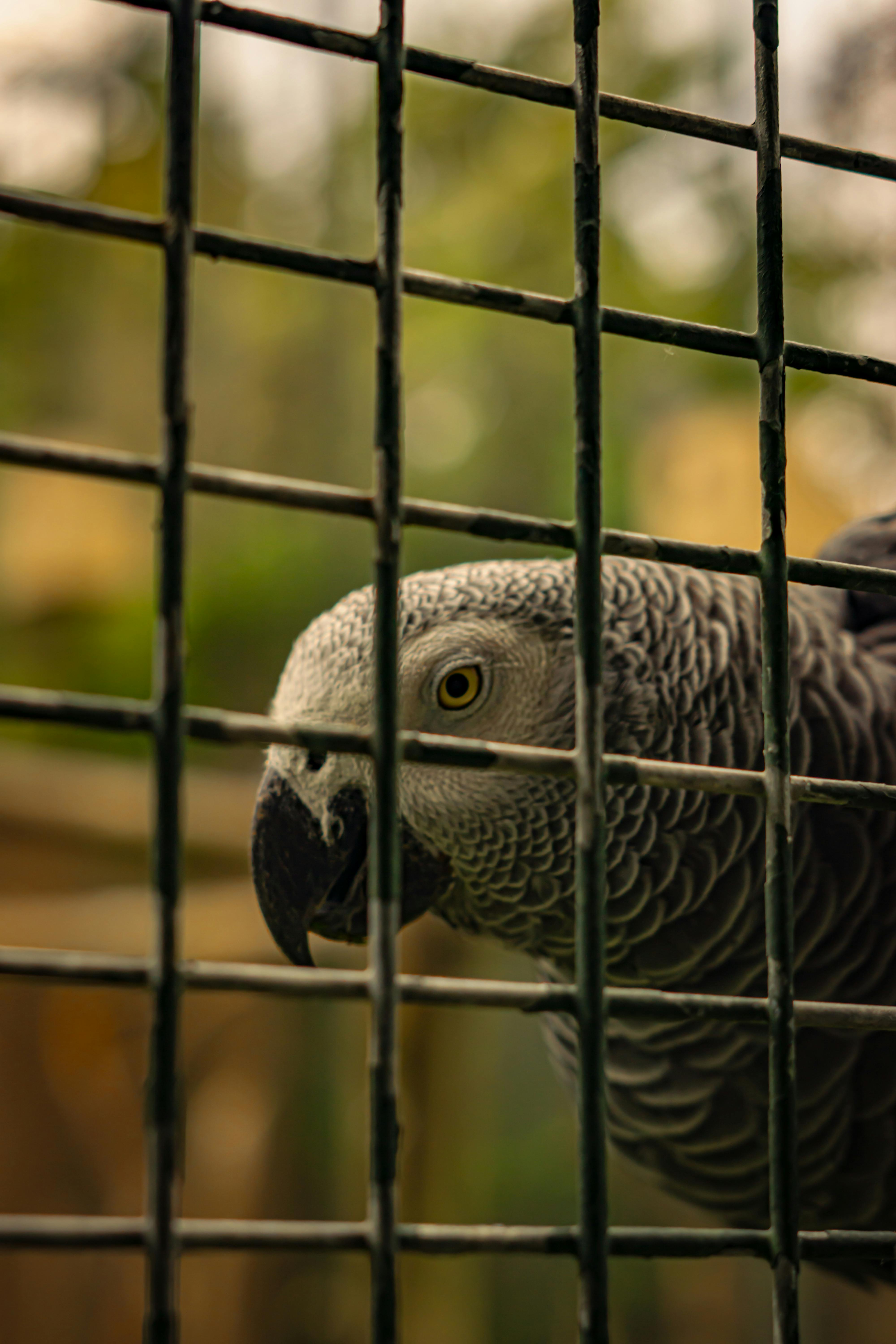
Effective Ways to Use Rabbit Resistant Plants in 2025
Creating a beautiful garden while deterring pesky rabbits can be a tricky balance. In 2025, many gardeners are seeking effective, long-term solutions to this common problem. By incorporating rabbit resistant plants into your gardening strategy, you can significantly reduce rabbit damage and maintain the integrity of your landscape. Rabbit resistant plants are not only visually appealing but can also promote a healthy ecosystem in your garden. These plants often possess certain traits that make them less appealing to rabbits, such as strong scents, tough textures, or toxic compounds.
This article outlines practical tips and techniques for using rabbit resistant plants, covering everything from the best plant selections to garden design strategies. Additionally, we will explore how to combine aesthetics with functionality to create a rabbit-proof garden that allows both humans and wildlife to thrive harmoniously. Key takeaways include a list of the best rabbit resistant flowers, shrubs, and herbs, along with seasonal care tips for maintaining their effectiveness.
Choosing the Best Rabbit Resistant Flowers
When selecting flowers to deter rabbits, it’s vital to consider both attractiveness and resistance. The best rabbit resistant flowers are often those that possess strong scents or sturdy foliage. Well-known options include marigolds, lavender, and fuchsia. These plants not only resist rabbit damage but also bring color and fragrance to your garden.
Characteristics of Effective Rabbit Resistant Flowers
Rabbit resistant flowers typically have a few common characteristics. Firstly, many of these plants emit strong fragrances that can deter rabbits, such as lavender and mint. Secondly, resilient textures or sharp foliage make it difficult for rabbits to nibble on them. For instance, plants like hollyhocks and geraniums can withstand light chewing but are often avoided by rabbits.
Top Rabbit Resistant Flower Varieties
Here are some effective flower varieties for rabbit prevention:
- Marigolds: Their scent is unappealing to rabbits.
- Lavender: This aromatic herb is not only beautiful but also provides a strong deterrent.
- Fuchsia: Pretty and resilient, these flowers are less appealing to rodents.
Planting Techniques for Successful Rabbit Resistance
When planting rabbit resistant flowers, spacing and location also play a crucial role. Place them strategically around the perimeter of your garden or alongside vulnerable crops. Planting in clusters can increase their visual appeal while creating a natural barrier. Maintaining a tidy garden bed will also help prevent rabbits from finding easy access.
Incorporating Shrubs Resistant to Rabbits
Along with flowers, shrubs can provide a protective boundary against rabbits. Incorporating a variety of shrubs that are known to be resistant will create a layered approach to your garden design. Shrubs such as barberry, juniper, and potentilla offer both deterrence and visual appeal.
Identifying the Best Shrubs for Rabbit Deterrence
Selecting the right shrubs is essential in creating effective barriers. Here are some shrubs known for their resistance to rabbits:
- Barberry: With its thorny branches, it serves as a natural deterrent.
- Juniper: This conifer is often avoided due to its tough needles.
- Potentilla: Its colorful blooms and hardy nature deter browsing rabbits.
Designing with Shrubs for Maximum Effectiveness
Incorporating these shrubs into mixed plantings allows for a biodiverse garden where rabbits feel less at home. Plant in a way that creates dense planting areas, making navigation difficult for rabbits. This design helps reduce their access to more desirable plants in your garden.
Maintaining Shrubs for Long-lasting Resistance
Regular care is necessary to keep shrubs healthy and maintain their deterring properties. Pruning techniques encourage bushier growth, which not only enhances their appealing structure but also makes them more difficult for rabbits to navigate. Ensure that they receive adequate watering and consider using mulch to retain moisture and suppress weeds.
Best Practices for Using Herbs that Repel Rabbits
Herbs can serve dual purposes in the garden, acting as both culinary delights and natural repellents. Many herbs, such as rosemary, sage, and thyme, are unappealing to rabbits and can thrive in varied garden environments.
Effective Herbal Repellents for Your Garden
Beyond their culinary uses, the strong scent of certain herbs makes them invaluable in deterring rabbits:
- Rosemary: Its woody aroma is typically uninviting to rabbits.
- Sage: An aromatic herb that serves as a culinary delight and a rabbit repellent.
- Thyme: Another herbal option that rabbits generally avoid.
Strategies for Planting and Caring for Herbs
Integrating herbs into your existing garden can provide both beauty and utility. Group herbs together to create a fragrant barrier, or integrate them within decorative flower beds for a more aesthetic appeal. Proper care involves regular watering, appropriate sunlight, and occasional harvesting to promote growth and robustness. Pairing herbs with certain flowers may also yield companion planting benefits.
Harvesting Tips for Optimal Herb Benefits
Regularly harvesting edible herbs encourages bushier growth. Use fresh herbs in the kitchen, helping to naturally balance your gardening choices with practical culinary uses. It's important to avoid over-pruning, which can stress the plants and decrease their overall resistance.
Building on these practical strategies, the next section will delve into how to design a rabbit-proof garden using a combination of the techniques we’ve discussed.
Its part of generated content. Can i generate another part?